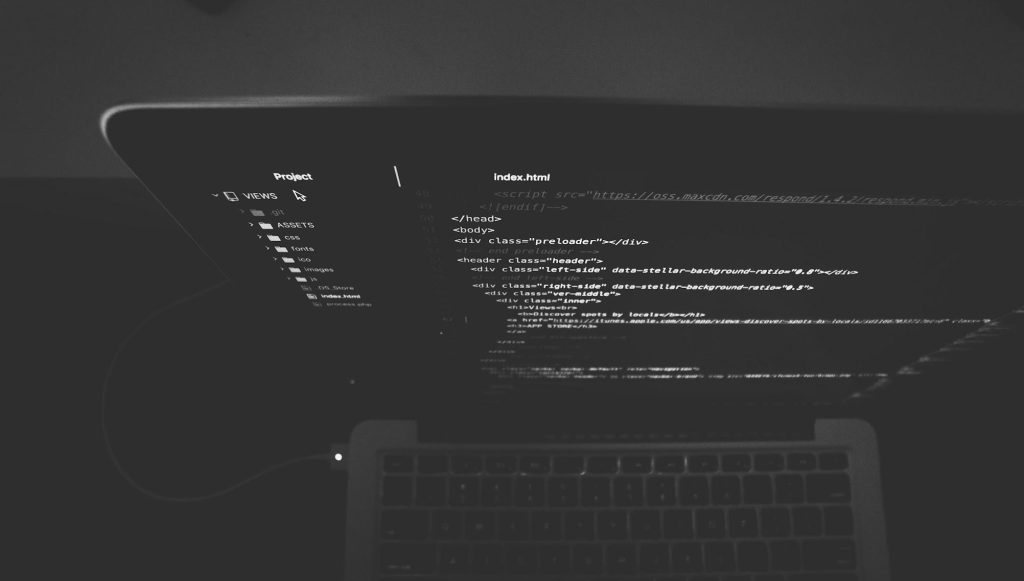The world we live in currently sees a great deal of software development, most of it being done in a collaborative environment. These applications are maintained by some of the organization’s users in their own time. The world of open-source software is a collaborative environment in which software code can be developed by anybody and freely distributed to anyone else. Any individual can find a flaw in the system, such as a bug or a vulnerability, and report it to the developers if they believe there is room for improvement. The code can be improved and made more useful for users if other developers offer their suggestions for modifications to the code and then go on to become contributors to that code.
Open source software is important yet difficult to govern because it has numerous users. Many developers and organizations can save time by using opensource libraries and code. Here are three Software Composition Analysis (SCA) tools you should consider using:
Mend SCA
Contents
Mend SCA is a software composition analysis (SCA) tool for designing safe software without sacrificing either speed or agility. It has a large number of helpful features, such as automated prioritization, which uses Mend’s patented reachability path analysis to determine which vulnerabilities can be ignored safely in a scenario in which the libraries are not being used in a manner that results in a vulnerability.
It streamlines the process of automatically remediating issues by generating a pull request complete with a change log. This enables the developer to update the open source package so that it includes the recommendations. Mend also has a tool called Merge Confidence that displays the possibility that a project will fail if a certain dependency is modified.
GitLab
GitLab allows companies or individuals to store and collaborate on their code. GitLab can also be used to deploy programmes in the CI/CD delivery pipelines. GitLab offers a multitude of capabilities, some of which include in-progress, moving, labeling, tagging, and generating issues for every repository. This allows the developer to effectively manage the open source software and keep track of the items that needed to be managed.
Developers have the ability to safely write code, organize it, and then project all of the data in GitLab. When it comes to GitLab, organizations who use Docker or Kubernates have an easier time integrating third-party services. GitLab provides its users with a variety of options, such as “Plan”, “Verify”, “Configure”, and “Monitor”, to make it easier for developers to accomplish their goals. Access control and user permissions are two examples of the many configurable choices available.
FOSSA
As open source is an essential part of much of the softwares created today, the majority of today’s softwares typically contain a sizable portion of open source code. FOSSA helps you manage all of your open source components in one place. It integrates with your development workflow to provide your team with assistance in automatically tracking, managing, and fixing problems that arise with the open source that you employ.
You can use FOSSA to maintain compliance with software licensing, and produce the necessary paperwork for attribution. It makes sure that your use and licensing regulations are adhered to in the entirety of your CI/CD cycle. Keep an eye out for security vulnerabilities and take steps to fix them. – Proactively flag code quality concerns and obsolete components. FOSSA possesses a great deal of functionality, which is essential for a SCA tool.
Conclusion
We’ve gone over a few open source software administration tools, each of which has its own set of features that can aid in the management of software for a variety of organizations. Mend SCA also offers a few more features that help users manage their projects or repositories, such as giving legal teams visibility into open source licensing and providing statistics before a merge on what might happen if developers merge the repo. Providing a high-level summary to the user so that he may grasp the entire scenario before performing any actions on the repository.

